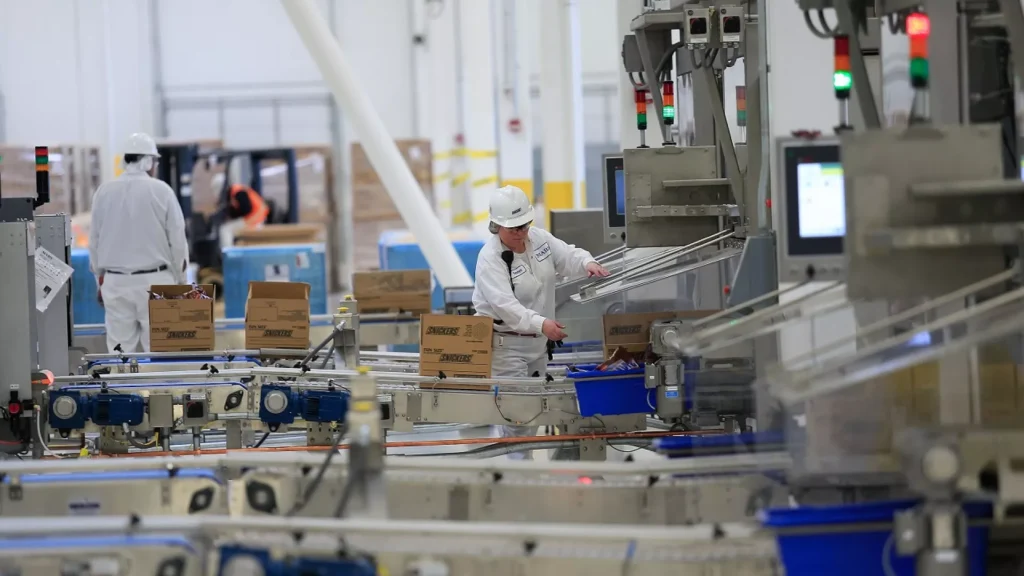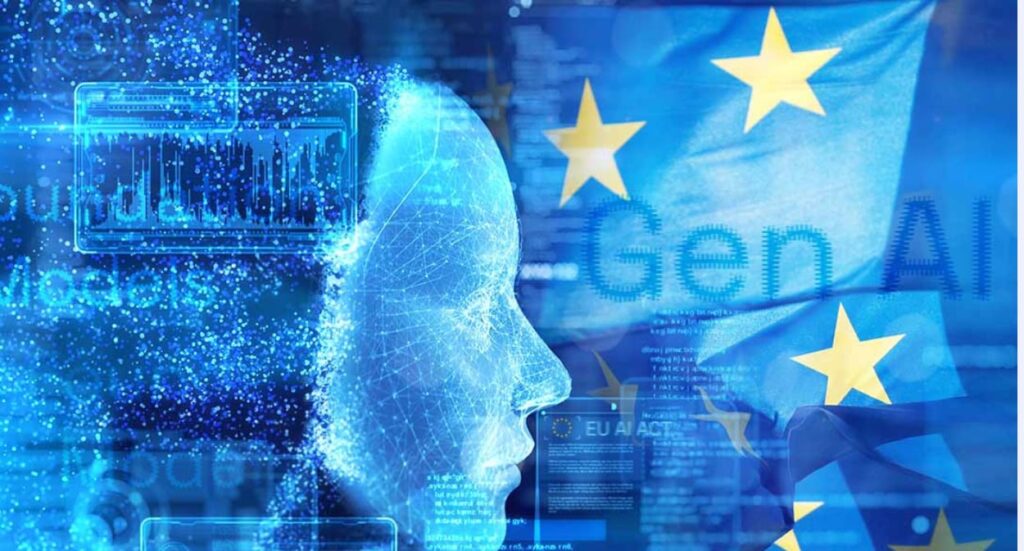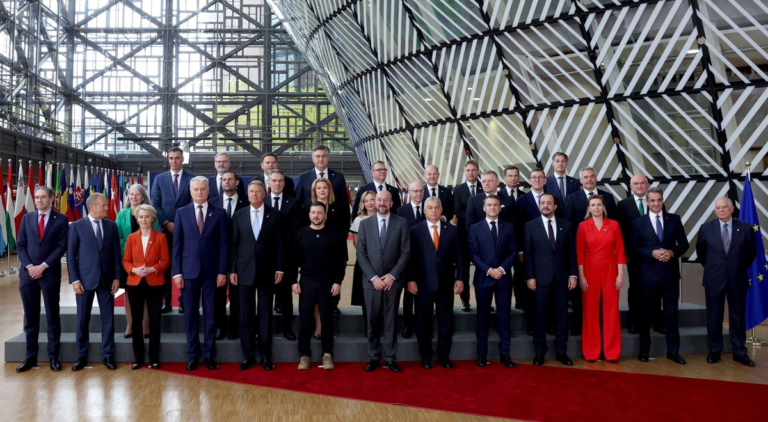
Copyright Intel Corporation/Intel Corporation
The European Parliament is set to launch negotiations on a new legislative initiative aimed at addressing the growing influence of artificial intelligence (AI) in the workplace. The process will begin in the first quarter of this year, with the goal of finalizing a comprehensive report by early 2026, according to sources within the institution
This initiative follows the implementation of the EU’s AI Act, which introduced strict regulations based on the potential societal risks posed by AI systems. However, policymakers argue that additional measures are necessary to address the evolving role of AI in employment, including issues related to worker protections, safety, and training.
Strengthening Workplace Protections

(art by datasciencedojo.com)
Brando Benifei, an Italian Member of the European Parliament (MEP) from the Socialists and Democrats (S&D) group, has been a key figure in shaping the AI Act. He has emphasized the need for workplace-specific regulations, particularly regarding social partner involvement in decision-making, as well as employee safety and training in AI-driven environments.
The AI Act has already taken steps to safeguard workers by banning controversial practices such as social scoring and real-time remote biometric identification. Additionally, the EU institutions have agreed on new rules to enhance conditions for gig economy workers, reinforcing protections in an increasingly digital labor market.
Legislative Outlook and Commission’s Involvement
The issue of AI in the workplace was highlighted in the mission letter of Roxana Mînzatu, the EU Commissioner for Social Rights and Skills, Quality Jobs, and Preparedness. Commission President Ursula von der Leyen instructed Mînzatu to focus on the impact of digitalization on labor markets, including potential legislation on algorithmic management and AI workplace standards. A proposed “right to disconnect” is also under consideration.
Despite growing discussions, the European Commission has not provided a timeline for when such a proposal might be officially presented.
Public Perception and AI’s Workplace Role
A recent survey conducted by the European Commission revealed strong public support for AI in the workplace. More than 60% of respondents expressed a positive view of robots and AI systems in professional environments, with over 70% believing that these technologies enhance productivity.
However, concerns remain. While many Europeans acknowledge AI’s benefits, 84% stressed the need for careful oversight to ensure privacy and transparency in the workplace.
“Artificial intelligence is now an integral part of modern workplaces. We need to use it in a way that supports and protects workers,” Mînzatu stated. “We have a solid foundation of rules with our General Data Protection Regulation, the AI Act, and the Platform Work Directive. Now, we must ensure that these regulations effectively address AI’s broader impact on the labor market.”
As the European Parliament moves forward with this legislative initiative, the coming months will be crucial in shaping policies that balance innovation with worker rights, ensuring that AI serves as a tool for progress rather than a source of exploitation.


